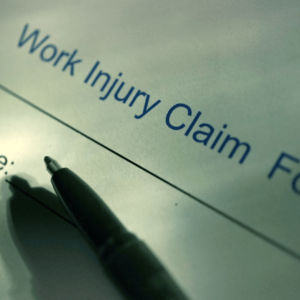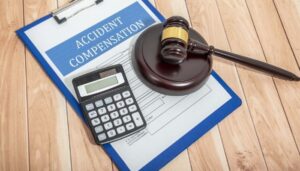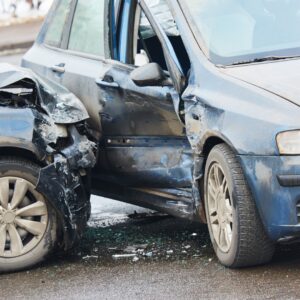Summary Judgment is a tool used by defendants and insurance companies to have Plaintiffs’ injury cases thrown out of Court without a jury trial. In essence, they argue that there is no dispute about the facts and that they are entitled to win the case as a matter of law. These motions are common in premises liability cases and, if granted, the effect can be devastating as it means no recovery for those who have been injured. However, if these Motions are defeated, it can clear a path to resolving the case for significant compensation.
The Pennsylvania Summary judgment is governed by Pennsylvania Rules of Civil Procedure, specifically Rule 1035.2. According to Rule 1035.2, summary judgment may be granted if the pleadings, depositions, answers to interrogatories, admissions on file, and affidavits show that there is no genuine issue of material fact and that the moving party is entitled to judgment as a matter of law.
Key elements for granting summary judgment under Pennsylvania law include:
- No Genuine Issue of Material Fact: The court must determine whether there are any genuine issues of material fact that remain unresolved. A material fact is one that could affect the outcome of the case.
- Entitlement to Judgment as a Matter of Law: Even if there are factual disputes, summary judgment may still be granted if the moving party is clearly entitled to judgment under the applicable law.
- Evidence Considered: The court will consider various forms of evidence, including pleadings, affidavits, depositions, and admissions, to determine whether summary judgment is appropriate.
- Burden of Proof: The burden is typically on the moving party (the party seeking summary judgment) to demonstrate that no genuine issue of material fact exists and that they are entitled to judgment as a matter of law.
- Opposing Party’s Response: The party opposing summary judgment may present evidence showing the existence of a genuine issue of material fact that requires resolution at trial.
Recently, Liss & Marion represented an individual who was delivering pizzas and, while walking back to his car, tripped and fell over an unknown object sticking up from the grass. As a result of the fall, our client was rendered unconscious. He sustained a traumatic brain injury, fractured several vertebrae in his neck, and herniated a disc in his low back. Unfortunately, his injuries have caused permanent post-concussive syndrome and have prevented him from returning to work. Several weeks after the fall, our client returned to the scene and saw a pipe sticking up from the grass. Given that there was nothing else in the area, our client believed the pipe caused him to fall. The Defendants – a property owner and governmental entity – both filed Motions for Summary Judgment arguing that, because our client could not identify the object on the night of the fall, they could not be held responsible. Citing to various Pennsylvania Supreme Court cases, Liss & Marion argued that given the existence of the pipe, that the pipe was in the exact location of the fall, and that there was nothing else around the pipe that could have caused the fall, a jury could infer that the pipe caused the fall. Thankfully, the Court sided with Liss & Marion. After the Court’s ruling, both Defendants have approached Liss & Marion about resolving the case.
If you’ve been injured as a result of a trip and fall, slip and fall, or motor vehicle collision contact Liss & Marion right away.











